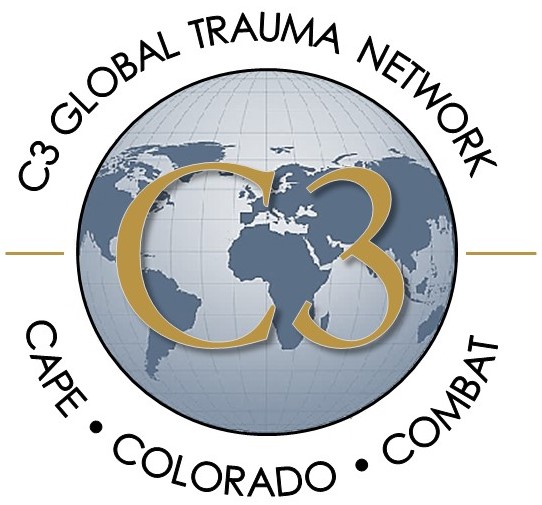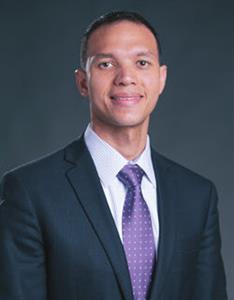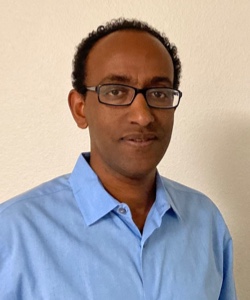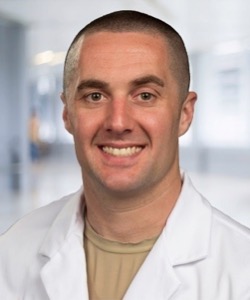The Collaborative for Emergency Care in Africa (CEC Africa) is a premier, non-profit research organization based in Cape Town, South Africa. The organization fills a critical gap in health research in South Africa, and across Africa in general, by facilitating the conduct of international, collaborative, world-class health research within a resource-constrained setting.
CEC Africa brings together scientific innovation in health research with a decades’ worth of professional expertise in clinical medicine, health systems, multidisciplinary and collaborative team science, management, and business administration.
The organization seeks to improve delivery and outcomes of those with emergency medical conditions by creating effective global partnerships that catalyze research, education, and development in the healthcare and educational sector. CEC Africa’s vision is to be a world class leader and a premier partner in emergency care development projects.
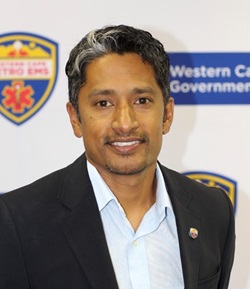
Dr. Shaheem de Vries, MBChB, MPhil, MBA
Managing Director, Collaborative for Emergency Care in Africa
Chief Executive Officer, Groote Schuur Hospital, Cape Town
Dr. de Vries is an Emergency Physician and the current Managing Director of the Collaborative for Emergency Care in Africa, as well as the CEO of Groote Schuur Hospital, a leading tertiary care hospital in South Africa. He has worked in emergency medical services for 20 years, having held the position of CEO of Western Cape Government EMS for 9 of those years. He is a charter member of the African Federation for Emergency Medicine (AFEM) and served as its Chief Executive Officer for 3 years.
Dr. de Vries holds a MBChB (doctor of medicine and surgery) from the University of Cape Town, a Diploma in Primary Emergency Care from the College of Medicine South Africa, a Master’s in Emergency Medicine, and an executive MBA from the University of Cape Town. His MBA thesis explored post-heroic leadership within the Emergency Medical Services.
Dr. de Vries has collaborated with the C3 Lab on multiple projects, spanning over a decade of successful research, and continues to serve as the C3 Network site Principal Investigator for CEC Africa.
